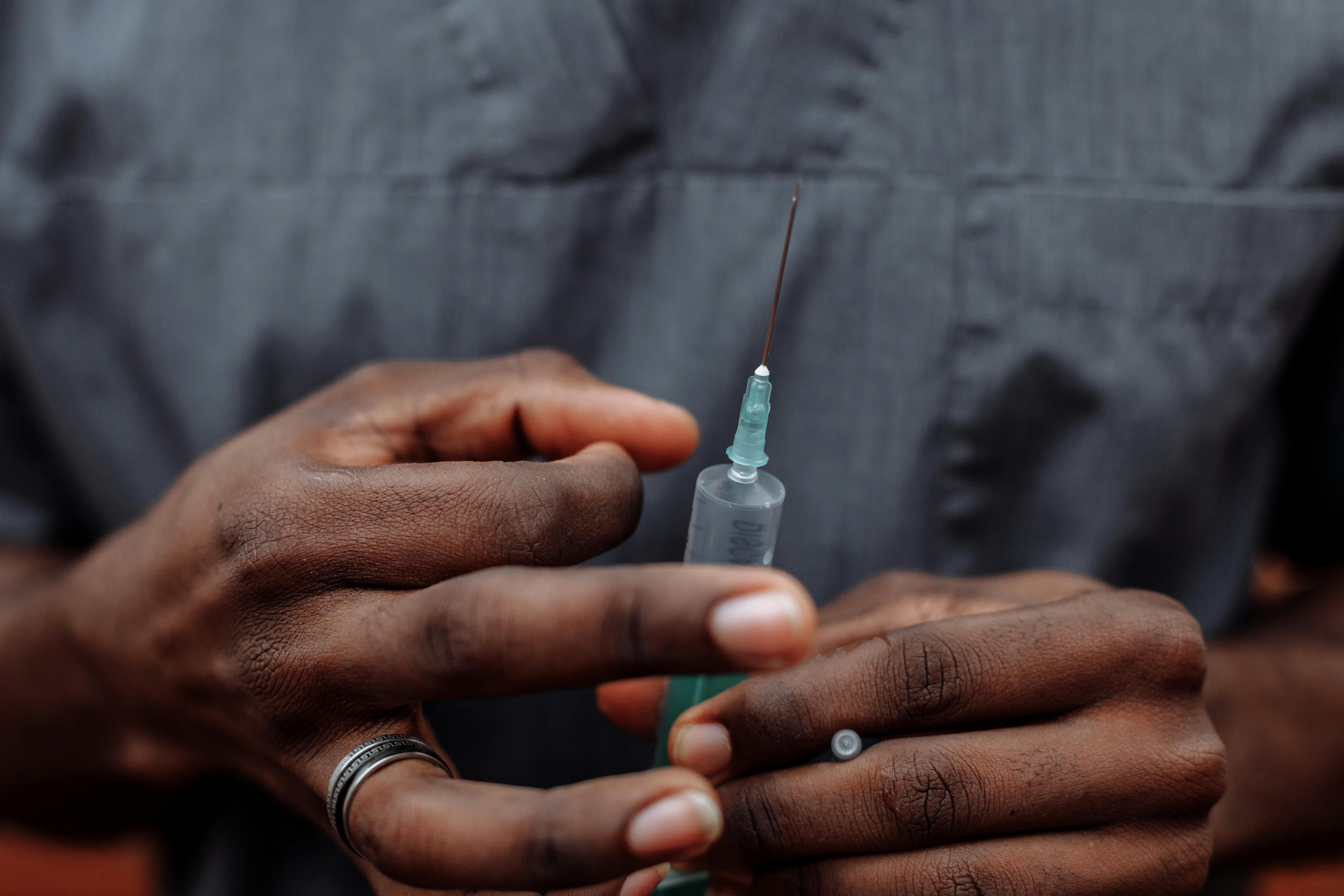Federal officials have issued warnings that some doctors are improperly billing low-income Medicare recipients—known as Qualified Medicare Beneficiaries (QMBs)—for out-of-pocket costs they should be exempt from. This practice is not only against federal rules but also prevents vulnerable seniors from accessing needed care.
Who Are QMBs and Why This Matters
QMBs are Medicare recipients with limited incomes who also qualify for Medicaid. They’re legally protected from copayments, deductibles, or coinsurance. Despite this, recent findings suggest many providers continue to charge them, often without the patients realizing they’re entitled to exemption.

How Widespread Is the Problem?
A Department of Health and Human Services report confirms that improper billing is “relatively commonplace.” The issue often arises from administrative confusion or conscious overcharging, prompting calls for stronger enforcement and education for providers.
The Impact on Patients
Aside from fraudulent payments, improper billing discourages vulnerable patients from seeking medical attention. Some even forgo necessary care due to fear of unexpected charges. That’s a serious public health concern that undermines Medicare’s goal of equitable access.
Federal Response and Penalties
Federal agencies are now reminding healthcare providers that billing QMBs directly is prohibited. Doctors found in violation could face fines, loss of Medicare eligibility, or exclusion from the program. CMS and CFPB also recently teamed up to address illegal billing among low-income recipients.
What Patients Should Do
QMB patients are urged to review their Medicare statements and report any improper charges. Resources like the Medicare/Medicaid Assistance Program (MMAP) and state health offices can assist. Raising awareness is critical to protecting these patients and curbing billing abuses.

Final Word
This issue underscores a troubling loophole in our healthcare system—where even legal protections can be undermined by improper billing. It’s a reminder that vigilance, enforcement, and education are essential to ensuring we don’t let vulnerable populations slip through the cracks.